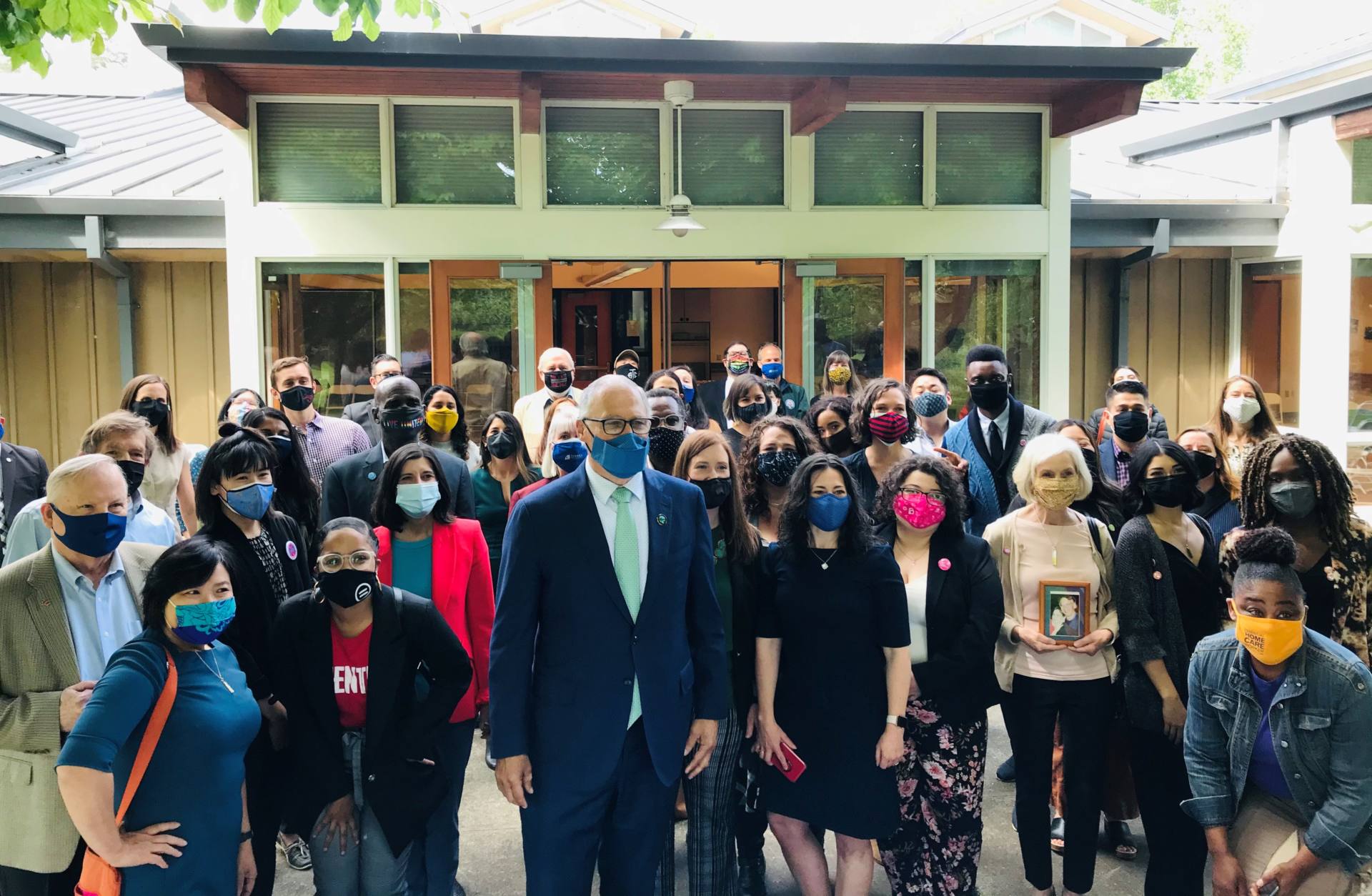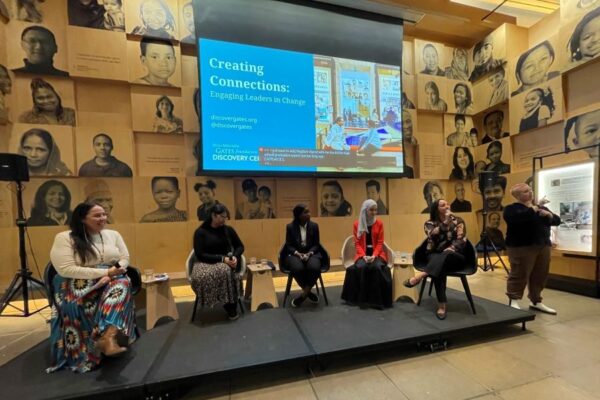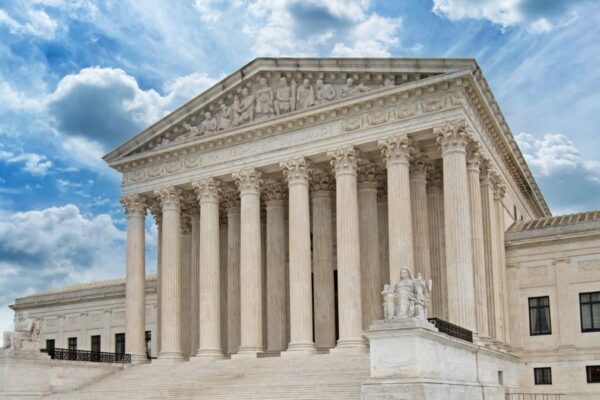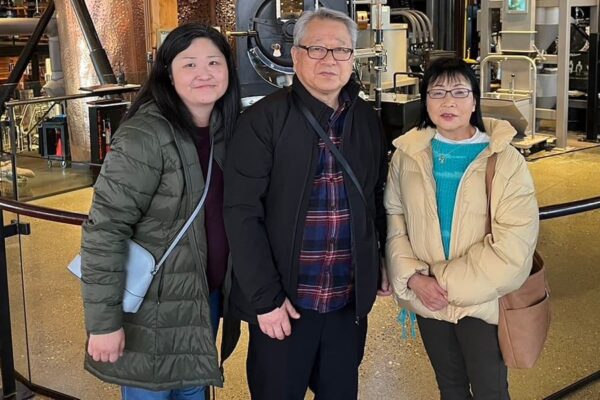An Opportunity for Systemic Change at an Inflection Point in History
Homelessness, poverty and lack of access to a good education have destroyed or damaged communities, particularly Black, Indigenous and other communities of color, because of systemic racism, in our region, state and nation.
For decades, we at United Way of King County have focused on helping members of our community when they fall on hard times or need a helping hand to achieve their goals, whether to become financially stable or finish their education.
But we know we must do more than provide proverbial Band-Aids when we have deeply embedded policies and structures that prevent people from succeeding. If we want to create a more fair and just society, we have to work to permanently change those systems, which have kept so many of our communities from realizing their full potential.
That means we have to work from the ground up, especially now, as we emerge from the pandemic, to effect change and provide a chance to those furthest from opportunity.
As Marc Dones, the CEO of the King County Regional Housing Authority, said during a recent conversation on homelessness, we have an opportunity to fundamentally change systems that were “designed” to harm people of color. The pandemic highlighted the damages that our current systems have done, but we have an opportunity to “fundamentally choose” to go in a different direction, they said.
The work to alter our current course starts with advocacy at the state and local level, as well as in partnership with community-based organizations that are closest to the people and who know the challenges their communities face.
Several bills for which United Way advocated during the current legislative session have become laws or are well underway to being signed by Gov. Jay Inslee.
“The fight against poverty begins by putting more of our low-income taxpayers’ money into their pockets.”
Just recently, for example, Inslee signed the Working Families Tax Credit, legislation that was years in the making but which had not been funded until now. The WFTC will help address the state’s regressive tax system, where low-income taxpayers pay a higher share of their income in taxes than wealthy ones. The fight against poverty begins by putting more of our low-income taxpayers’ money into their pockets.
The governor also signed the Just Cause and Right to Counsel legislation to help people fighting eviction, one of the leading causes of homelessness. Just Cause requires landlords to have a valid reason to evict, and Right to Counsel ensures that low-income tenants have access to legal advice when facing eviction. These two laws, along with an increase in the Document Recording Fee that will fund rental assistance, will help families and communities fight homelessness and will provide a soft landing as the state’s eviction moratorium expires at the end of June.
At the local level, we work with K-12 institutions and community organizations to increase the graduation rates of young Black, Indigenous and people of color, or BIPOC. Despite many efforts over the years, their graduation rates have remained low, so we work to support youth of color by working with BIPOC-led partners to influence the education system that supports positive cultural identity.
“We will use our voice to bring about lasting change, especially as we exit the pandemic and begin to take measure of the devastation it caused.”
The pandemic did not cause poverty, homelessness or inequities, but it exacerbated them. Our work moving forward will require a shift in our thinking and actions at the state and local levels. We will use our voice to bring about lasting change, especially as we exit the pandemic and begin to take measure of the devastation it caused.
That means prioritizing racial equity and justice, increasing our commitment to communities of color, and working with them to fight the racist, inequitable systems from the past that still exist in the present.
We are at an inflection point in history, and we have an opportunity to begin to tackle the structures that have led to the disparities we face today. Let’s not waste it.





Comments
Aina Ulfa
May 28, 2021Justice for the whole society must take precedence, the community should not be distinguished only because of race, ethnicity, color, or religion. I have related articles
https://news.unair.ac.id/2020/02/17/keadilan-keyakinan-pada-institusi-kesehatan-dan-penerimaan-kebijakan-jaminan-kesehatan-nasional/
Replies to Aina Ulfa
United Way of King County
June 22, 2021Thanks for your comment, Aina. We prioritize assisting BIPOC communities because they’ve been historically impacted by homelessness, poverty and other challenges at higher rates than white people. Let us know if we can help clarify anything else.